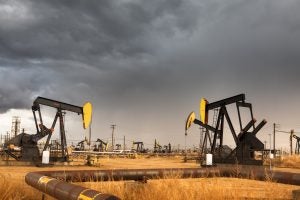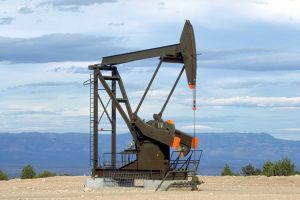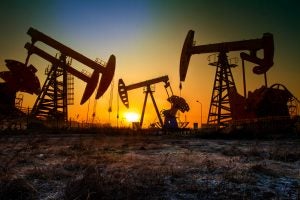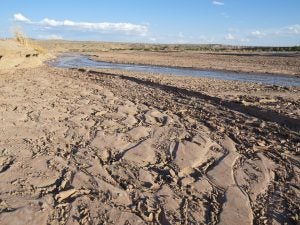 Two global trends are converging in the energy industry, and the result could spur the biggest environmental advancement in a generation.
Two global trends are converging in the energy industry, and the result could spur the biggest environmental advancement in a generation.
Known by some as the “digitization of the oilfield,” it’s the new wave of technologies linked with big data that is transforming an established industry. For the world’s oil and gas industry, this push toward digitization is emerging as a central part of strategic planning, as the energy landscape is reshaped by increasing competition from renewables and electrification. But competitiveness means more than bringing new efficiencies online, it also means improving environmental performance.



 This May, ExxonMobil, the world’s largest publicly traded oil and gas company,
This May, ExxonMobil, the world’s largest publicly traded oil and gas company, 